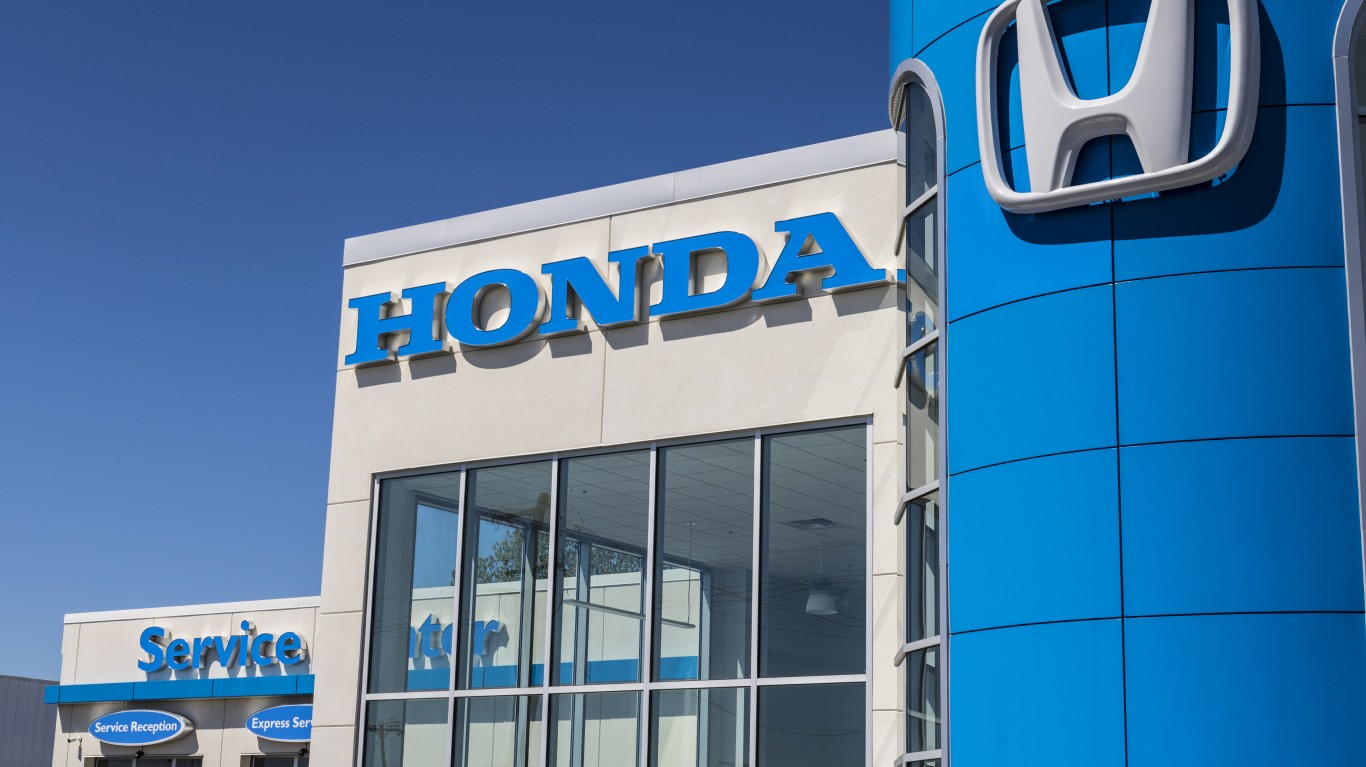 The Associated Press released an exclusive story which reported that Chinese car company Beijing Automotive Industry Holding might buy Volvo. It is odd that the auto firm cannot find a buyer in Sweden, the country where it was started and is headquartered. The recession may make the Swedes skittish about being in the global car industry. A brutal economy makes strange bedfellows. Volvo’s main office may be moved from Gothenburg to Beijing.
The Associated Press released an exclusive story which reported that Chinese car company Beijing Automotive Industry Holding might buy Volvo. It is odd that the auto firm cannot find a buyer in Sweden, the country where it was started and is headquartered. The recession may make the Swedes skittish about being in the global car industry. A brutal economy makes strange bedfellows. Volvo’s main office may be moved from Gothenburg to Beijing.
Several car companies and brands may come on the market this year. Saab will probably be sold. GM has said it will sell some of its divisions. Roger Penske has agreed to buy Saturn. Pontiac and GMAC will probably end up in the hands of owners other than GM.
The Chinese have not been as aggressive about buying car companies as they have been at trying to make inroads into the global energy and commodities business. Chinalco recently failed in its bid to take a large piece of mining giant Rio Tinto (RTP), but the Chinese have had success in lending $10 billion to South American oil giant Petrobras in exchange for a guaranteed supply of crude at market prices.
That Chinese can be patient. The government has nearly unlimited funds which is an incredible advantage when the financial and industrial worlds are falling apart. China may be rebuffed now and then, as countries asses their national interests by claiming that they do not want foreigners owning their “strategic assets”. Congress would be likely to block the sale of Boeing (BA) to China, but will it block the sale of Pontiac?
The Chinese understand that they have built an auto production capacity that can serve markets much larger than those within its borders. The Koreans and Japanese have shown them the way into markets in the West. China’s advantage is that the collapse of the US car industry may allow it to buy brands and production capacity in the America instead of having to build those things over several years.
The Administration has taken the position that it knows what is best for the American auto industry. Part of the program is that it is in the best interests of the taxpayers to own a part of Detroit instead of offering Chinese bidders or Korean bidders or VW an opportunity to buy pieces of The Motor City at auction.
The car business no longer has any real trade secrets. It is hardly “strategic” in terms of the foundation of the US economy.
The government has convinced itself that owning Detroit is more important than lowering taxes or using tax dollars for something other than building SUVs that no one wants. The Chinese can afford to be patient, perhaps until the day that gasoline goes back to $1 and truck sales rally. The loss will not put Beijing out of business if the days of $1 gas never return.
Douglas A. McIntyre
Are You Still Paying With a Debit Card?
The average American spends $17,274 on debit cards a year, and it’s a HUGE mistake. First, debit cards don’t have the same fraud protections as credit cards. Once your money is gone, it’s gone. But more importantly you can actually get something back from this spending every time you swipe.
Issuers are handing out wild bonuses right now. With some you can earn up to 5% back on every purchase. That’s like getting a 5% discount on everything you buy!
Our top pick is kind of hard to imagine. Not only does it pay up to 5% back, it also includes a $200 cash back reward in the first six months, a 0% intro APR, and…. $0 annual fee. It’s quite literally free money for any one that uses a card regularly. Click here to learn more!
Flywheel Publishing has partnered with CardRatings to provide coverage of credit card products. Flywheel Publishing and CardRatings may receive a commission from card issuers.
Thank you for reading! Have some feedback for us?
Contact the 24/7 Wall St. editorial team.




